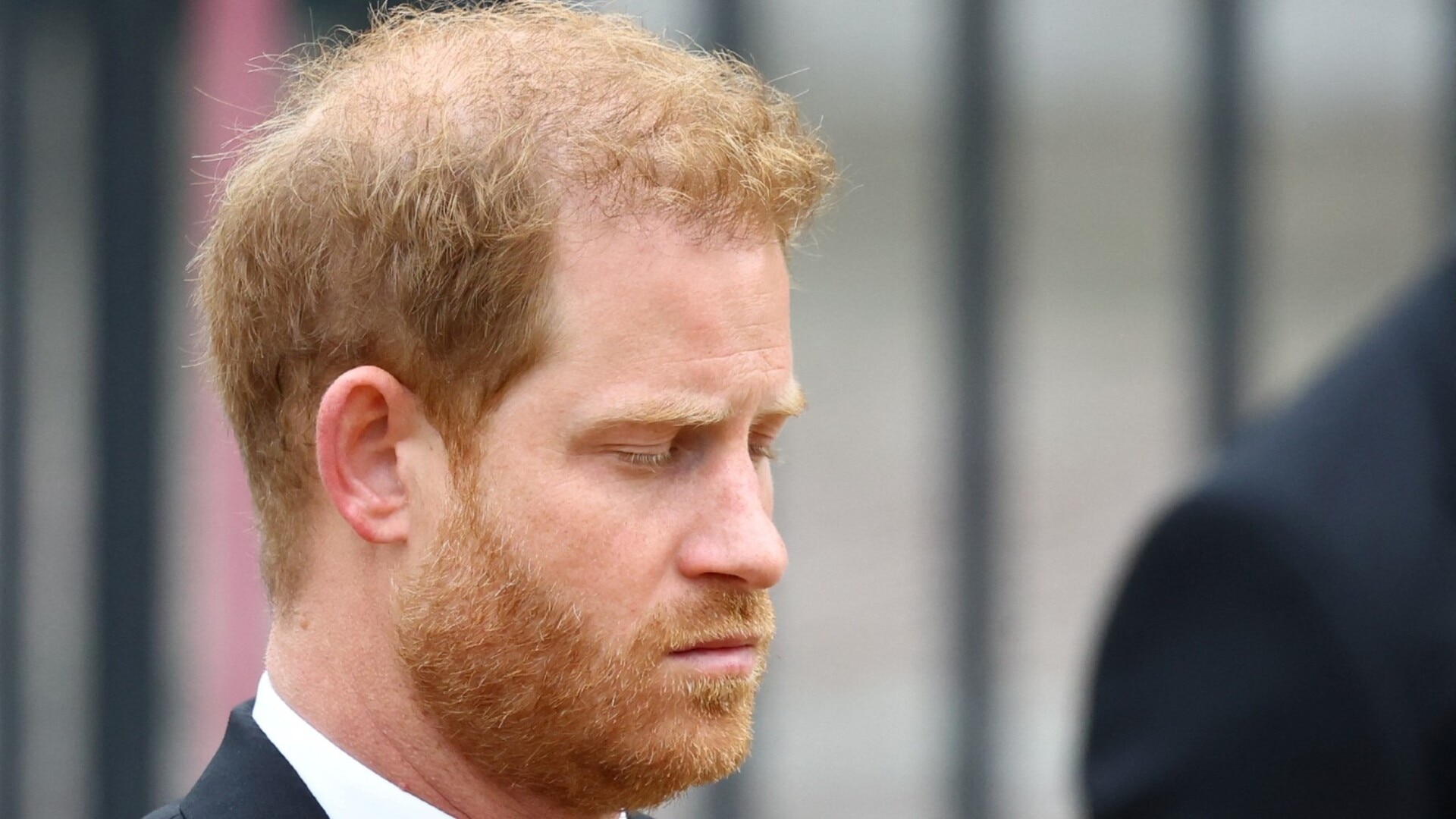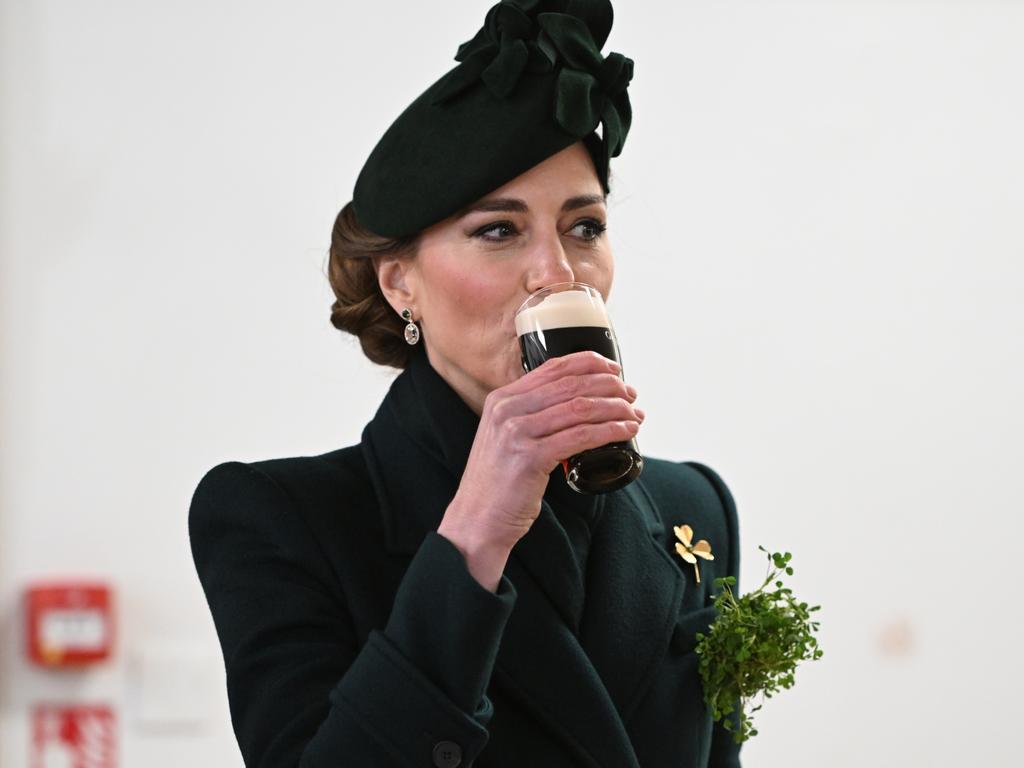Prince Harry visa files unsealed, but royal secrets maintained as most pages heavily redacted
Court documents on Prince Harry’s visa application that may have revealed drug taking were so heavily redacted they made little sense.

Prince Harry can sigh in relief. The world doesn’t know, just yet, what he signed off in his visa application to move to the United States in 2020 and whether he revealed his prolific drug taking.
For the much anticipated document release ordered by the Federal court in Washington on Tuesday was so heavily redacted it made little sense.
More than 34 pages of the 44 page document were blank white pages with any information redacted in thick black lines, and what was revealed was some comment and legal argument about the Heritage Foundation’s efforts to unseal Harry’s visa application. There was nothing about what Harry may have detailed, or not detailed.
The Heritage Foundation has argued there is intense public interest as to whether Harry received any form of special treatment when his visa was approved.
Their efforts were prompted by Harry’s revelations in his book Spare that he took cocaine, cannabis, ketamine and psychedelic mushrooms and then subsequent admissions he was “rolling a spiff” when he first arrived in Los Angeles with his wife Meghan and staying at the home of Tyler Perry.

The Heritage Foundation was seeking information about whether Harry admitted to the drug use, which Harry said had started at school at Eton, and which could have led to his visa being rejected amid claims the former Joe Biden administration had provided him with some sort of special treatment.
Harry’s spokesman has previously said he had answered the form truthfully.
The type of visa Harry was given is also the subject of much speculation. There have been suggestions Harry, who had fled the United Kingdom after stepping down as a working royal, may have been given an A-1 visa, usually handed out to heads of state of foreign governments.
The released documents say: “Plaintiffs allege that the records should be disclosed as public confidence in the government would suffer or to establish whether the Duke was granted preferential treatment.
Later on the document says: “This speculation by Plaintiffs does not point to any evidence of government misconduct.
“The records, as explained above, do not support such an allegation but show the regulatory process involved in reviewing and granting immigration benefits which was done in compliance with the Immigration and Nationality Act, 8 U.S.C. § 1103 and applicable rules and regulation.”
The lawyers also discussed the unusual nature of the case being “unusual” and “frankly more interesting” than other freedom of information cases because of the interplay of immigration law and the freedom of information act.







To join the conversation, please log in. Don't have an account? Register
Join the conversation, you are commenting as Logout